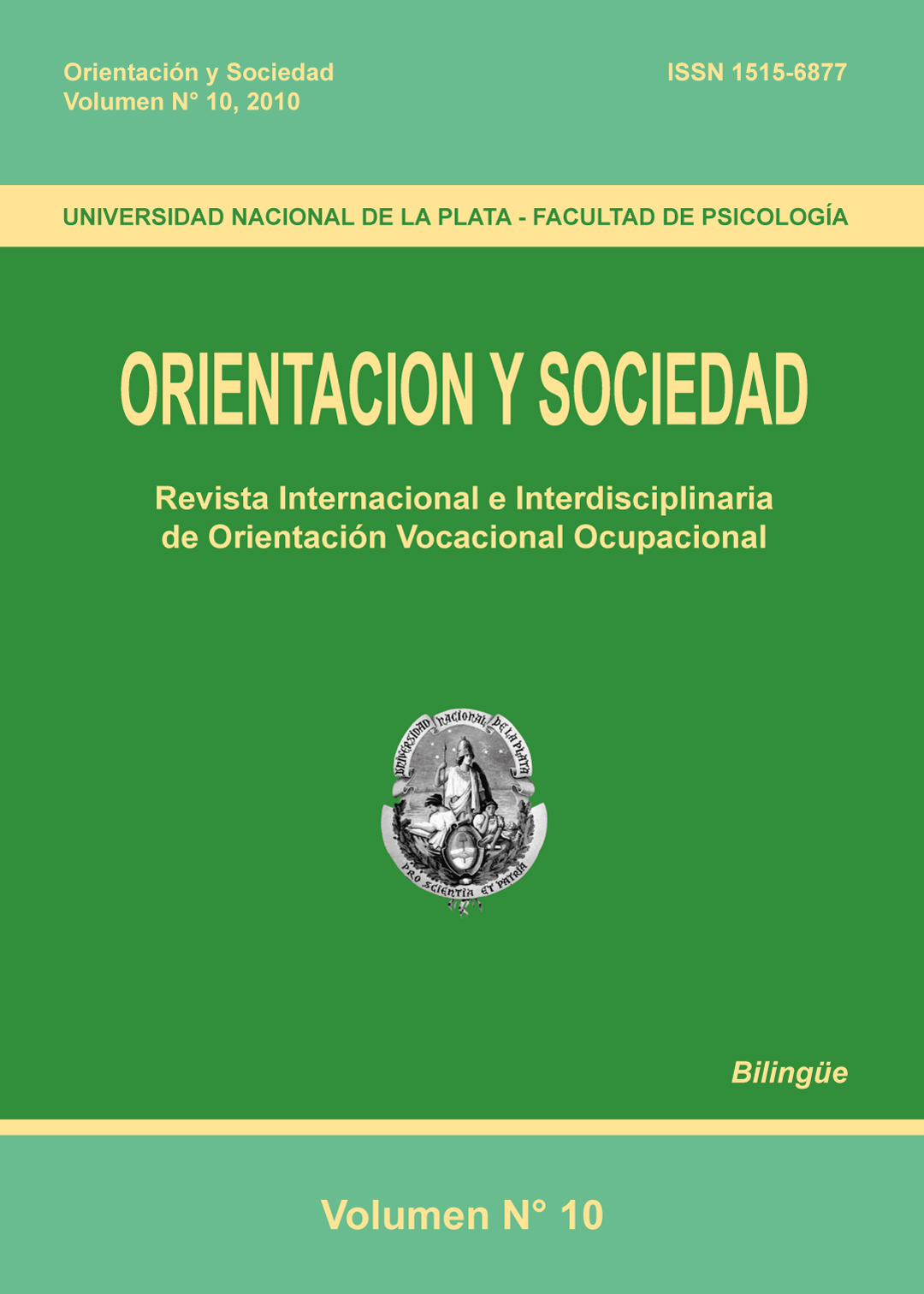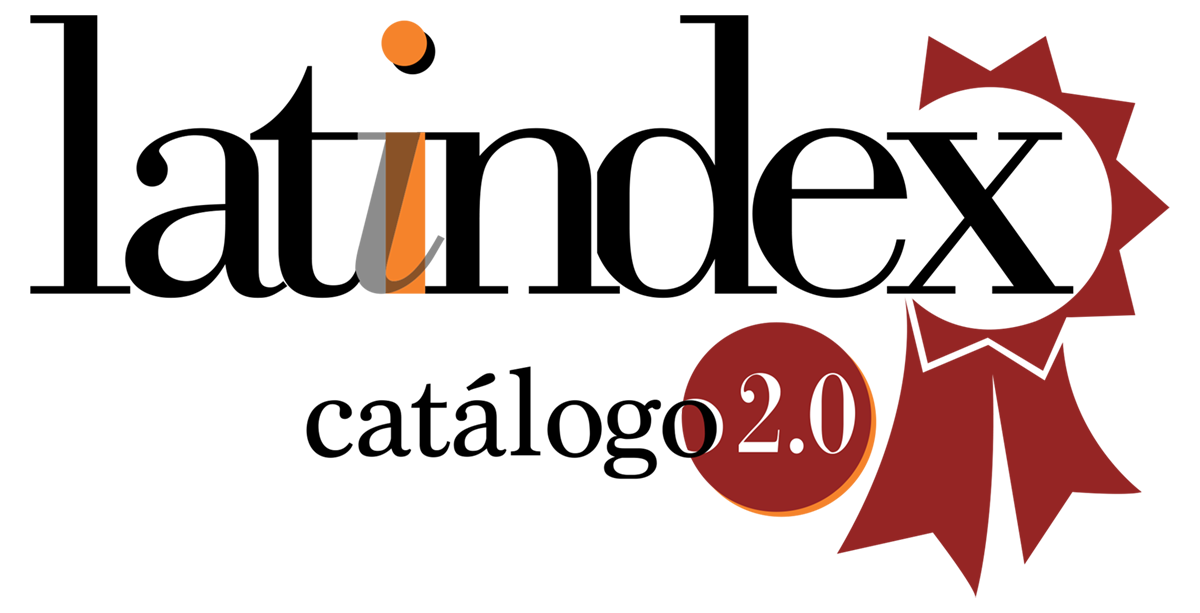Family diversity in social exclusion situations
Palavras-chave:
research, professional trainingtransference, social exclusion, Family diversityResumo
The purpose of this paper is to characterize the configurations of the families that live in contexts of social exclusion; provide conceptualizations of their operation mode; highlight the formative effects that neighborhood interdisciplinary practices with such families produce in the just graduated psychologists, included on the Extension Program. We wish to contribute to produce systematic knowledge that can account for such family configurations as potential receiver of integration policies. We are also interested on transferring the approach to diversity in the training of young professionals, in order not to be regarded as a deviation from ideal models, but as an expression of different strategies built by members of a community, to resolve children breeding and to bear their existences. This work is the result about reflections on productions inside a research fellowship: The complexities that takes the breeding in families who lives in a social exclusion situation; researches about breeding, carried out from signature Developmental Psychology II, and from de interdisciplinary work with psychologically assisted families in twelve suburbs of the city of La Plata (University Extension Program "Free Legal Offices" (Convention between Law and Social Sciences and Psychology Faculties, UNLP). From a qualitative methodology and an interdisciplinary participation, the results have arrive at the characterization and proposed conceptualizations of the included families and at the same time determine the benefits that brings with the work that articulates research and extension activities for the training of advanced students and young graduates.
























